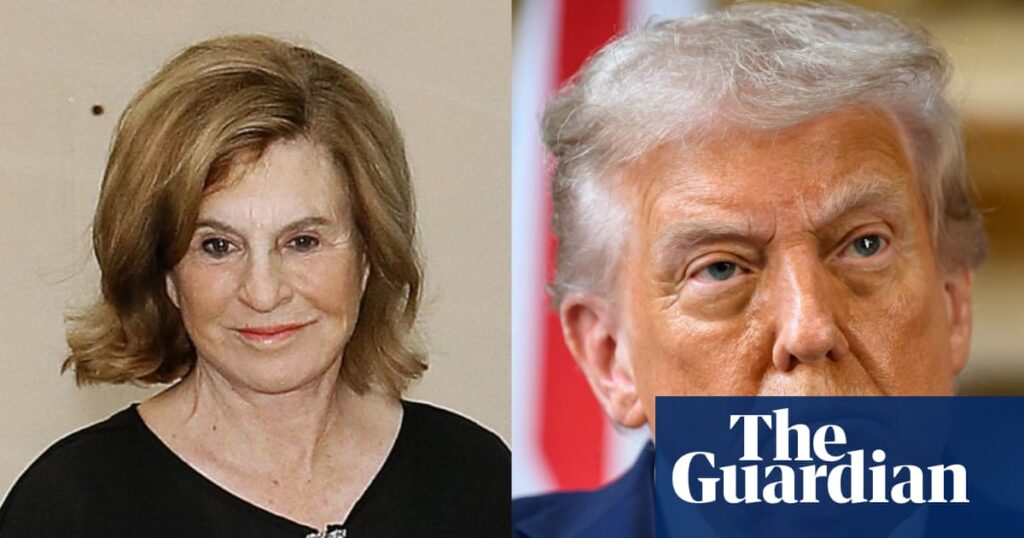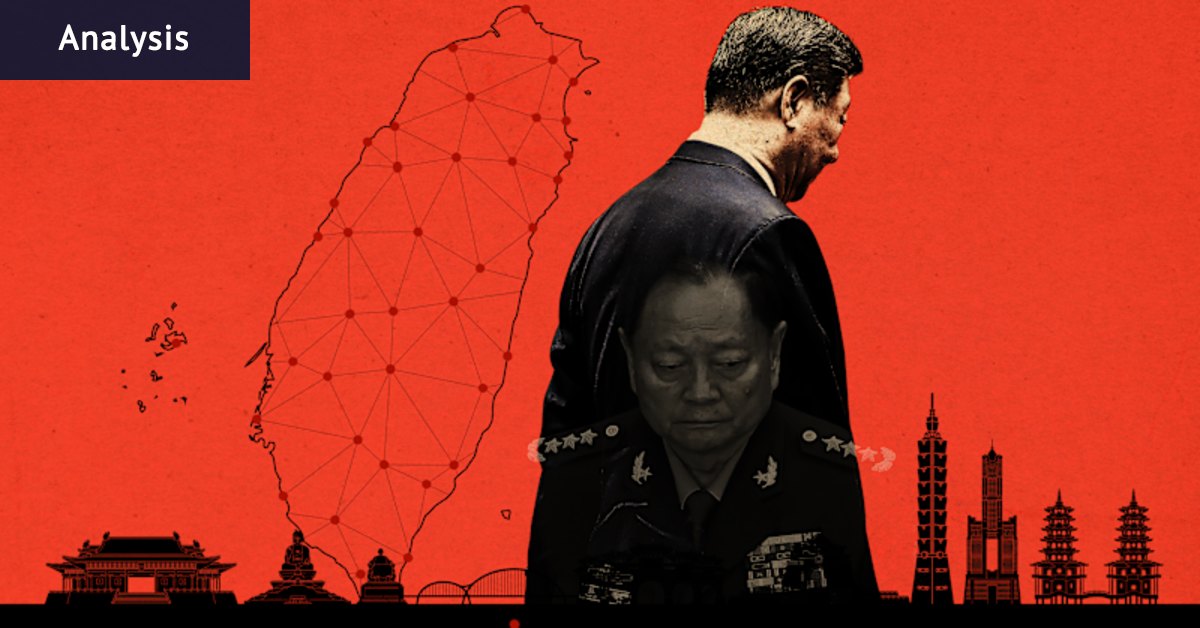
A prominent donor to former President Donald Trump and other MAGA Republicans has privately expressed skepticism about Trump’s longstanding claim of holding an advantage in trade negotiations with China. This revelation suggests that even some of Trump’s staunch supporters are uneasy with his approach to international trade.
Liz Uihlein, a billionaire businesswoman and co-founder of the office supply company Uline, shared a cartoon via email earlier this year that humorously depicted Trump in a card game with Chinese President Xi Jinping. In the cartoon, Trump asserts, “I hold the cards,” to which Xi retorts, “The cards are made in China.” The email, reportedly sent in April by an administrative assistant on Uihlein’s behalf, was prefaced with a brief note: “All – The usual. Liz.”
This private jest is significant, given Uihlein’s status as a key political ally to Trump. Liz and her husband, Richard Uihlein, ranked as the fourth largest political donors in the presidential election cycle, contributing $143 million to Republican causes, according to OpenSecrets, a nonprofit that tracks political donations.
Political and Economic Implications
While Uline is a privately held company, the impact of Trump’s trade policies, including tariffs, on its operations remains difficult to quantify. However, sources indicate that Uline imports a substantial portion of its merchandise from China and other countries. This context adds weight to Uihlein’s critique, as her business interests could be directly affected by the trade tensions between the U.S. and China.
Uihlein has previously voiced her opinions on trade policy. In a letter published in the Uline catalog following the 2020 election, she lamented the disruption caused by the COVID-19 pandemic on global supply chains, emphasizing the need for a coherent trade policy. “America sorely needs a coherent, largely united trade policy, if we don’t get it done, this century belongs to the Chinese,” she wrote.
Other Donors’ Perspectives
Uihlein is not alone in her critical stance. Ken Langone, co-founder of Home Depot and a long-time Republican donor, criticized the Trump administration’s tariffs in an April interview with the Financial Times. He described the tariffs as excessively high and hastily implemented, suggesting that Trump had been “poorly advised.”
Interestingly, Langone later revised his opinion. By July, he told CNBC’s Squawk Box that he was no longer concerned about Trump using his presidential power for retribution. “I’m happy to say that I’m comfortable he’s not doing that. He’s acting presidential. I’m impressed with the people he’s got around him,” Langone stated.
Trump’s Continuing Trade Assertions
Despite these critiques, Trump has continued to assert that the U.S. holds an upper hand in negotiations with China. As recently as last month, he claimed in the Oval Office that the U.S. and China would maintain a “great relationship,” while also noting his ability to “destroy China” by playing “incredible cards” if necessary.
Trump is scheduled to speak with Xi Jinping this Friday, following an agreement that allows the TikTok app to continue operating in the U.S. This discussion occurs in the context of both countries temporarily suspending the most severe economic measures imposed on each other since the beginning of Trump’s second term.
Current State of U.S.-China Trade Relations
As part of ongoing negotiations, the U.S. and China reached a pact in May to reduce tariffs, which was renewed in August. This extension is set to expire in mid-November, leaving the future of U.S.-China trade relations uncertain. The initial threat from the U.S. included tariffs as high as 145% against China, a move that has since been moderated.
The fluctuating dynamics of these trade negotiations underscore the complexity and high stakes involved in international economic policies. As the expiration of the tariff agreement approaches, both countries will need to navigate these challenges carefully to maintain economic stability and growth.
Meanwhile, the private critiques from influential donors like Liz Uihlein highlight the internal divisions and debates within the Republican Party regarding the best approach to trade and economic policy.





